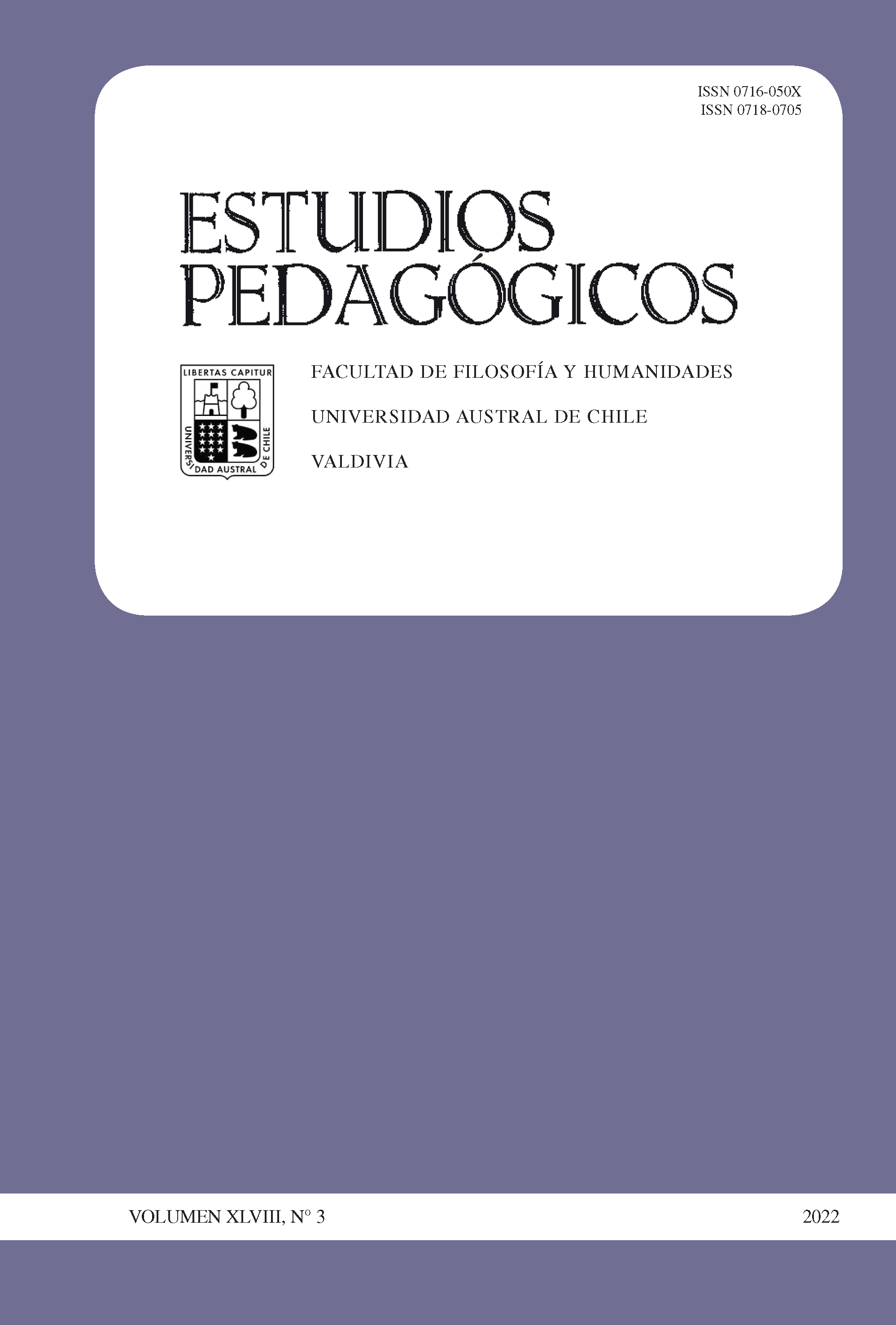Subjective theories in teachers about instructional time and its relationship with teaching-learning
Main Article Content
Abstract
The aim of this research is to describe and interpret the subjective theories about instructional time and its relationship with teaching and learning, of teachers from three regions of Chile. A descriptive-interpretive study, qualitative methodology and a case study design are used. The sample of cases with a priori determination corresponds to 78 teachers of primary and secondary education in the regions of Atacama, Coquimbo and Biobío (Chile). Episodic interviews and discussion groups were applied and the data were analyzed using the grounded theory technique complemented with specific analysis of subjective theories. As results, we found (a) a dichotomous meaning of instructional time, (b) a socioeconomic context that constitutes a determining factor in the relationship of instructional time and teaching-learning, (c) added to the relevance of planning in the management of instructional time for the teaching profession. The objective and subjective conception of instructional time is discussed, its relationship with the depth of learning and the relevance of educational contexts for the meaning given to instructional time.

